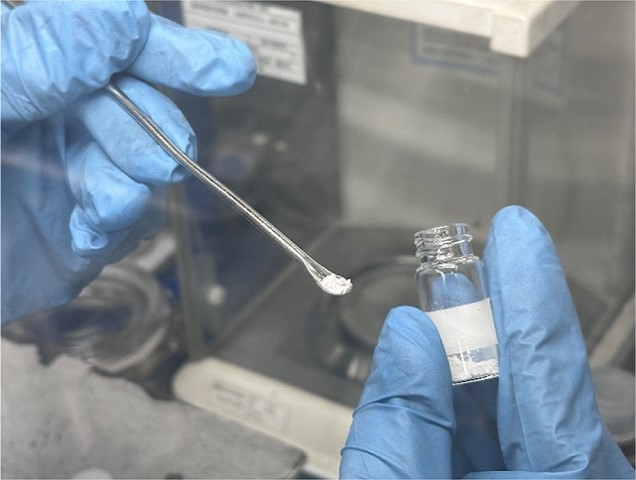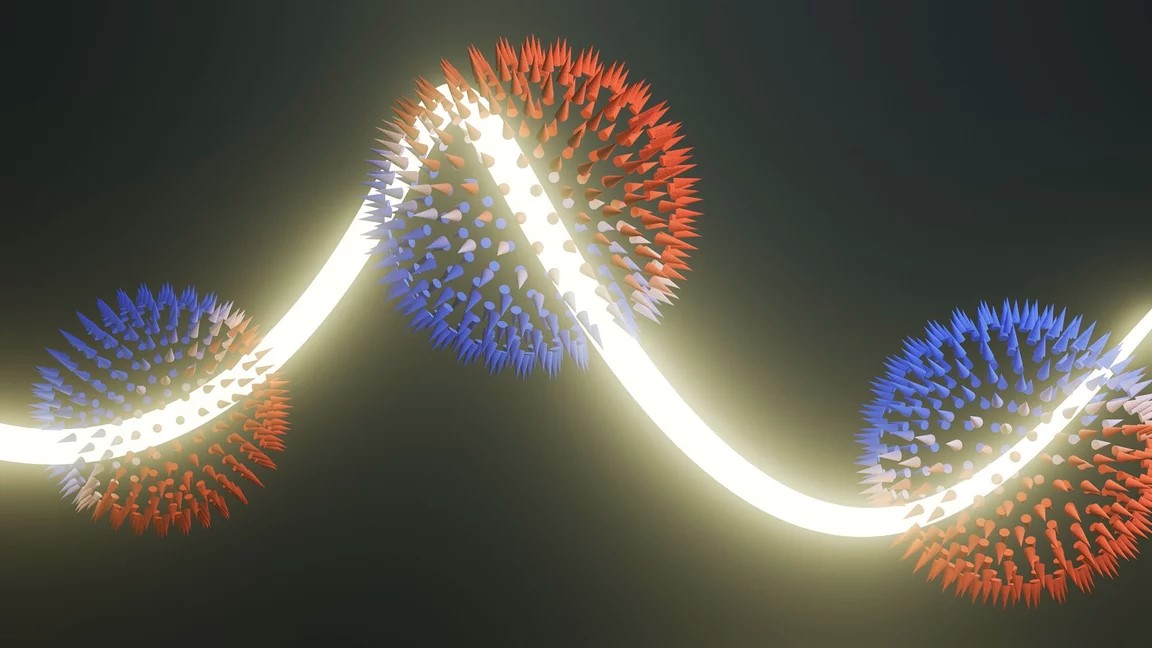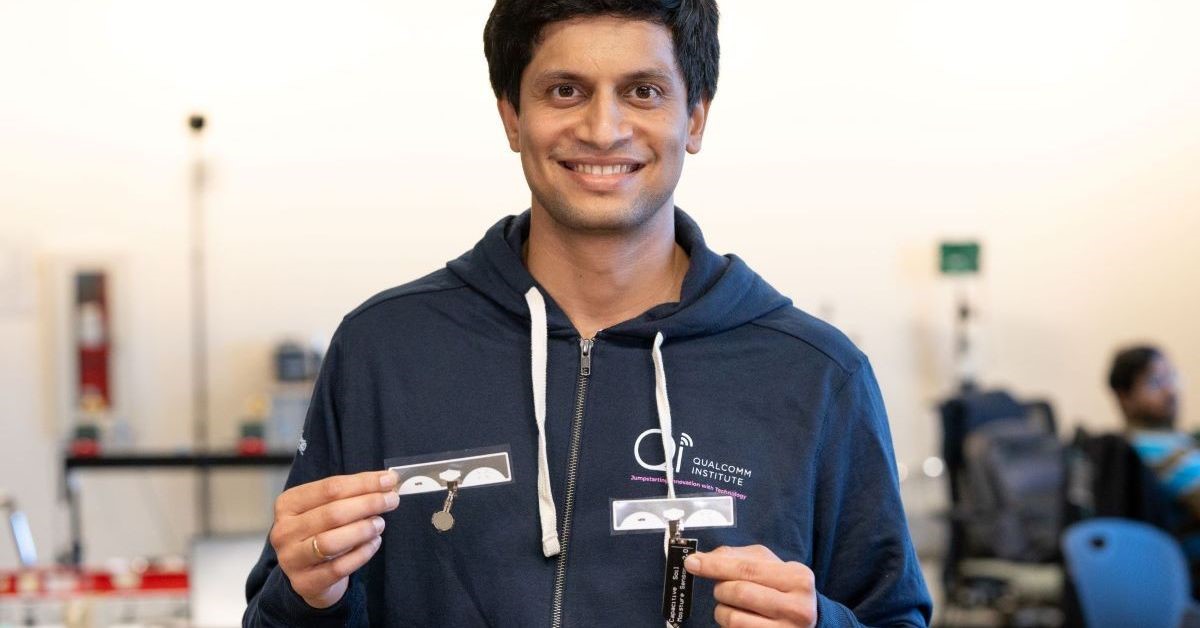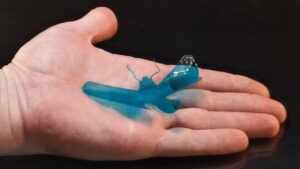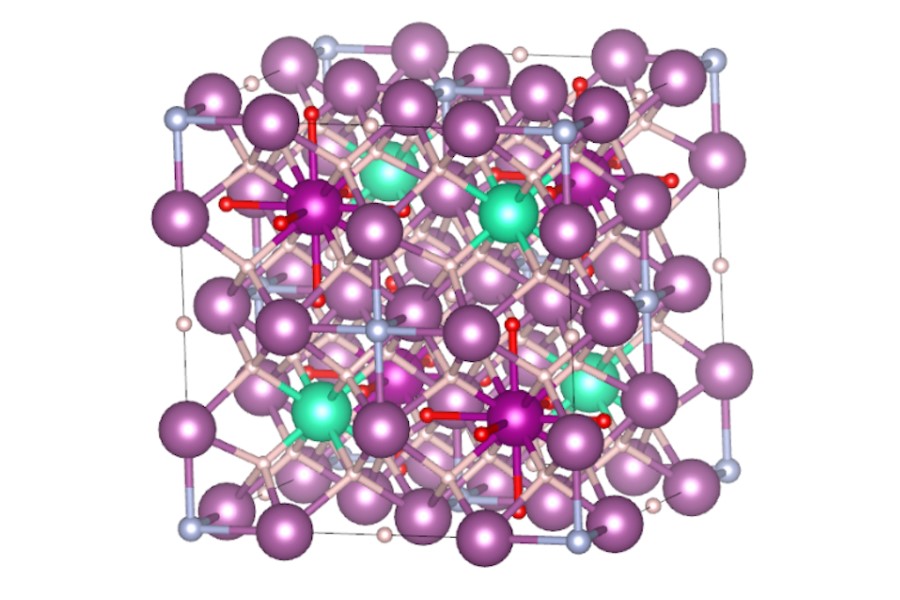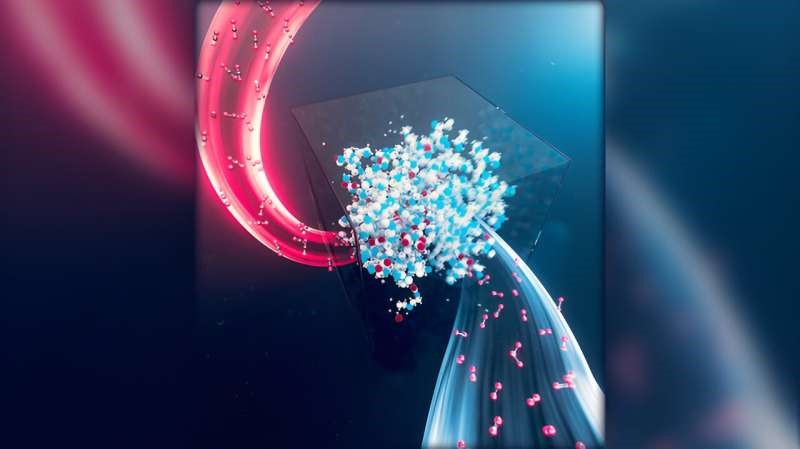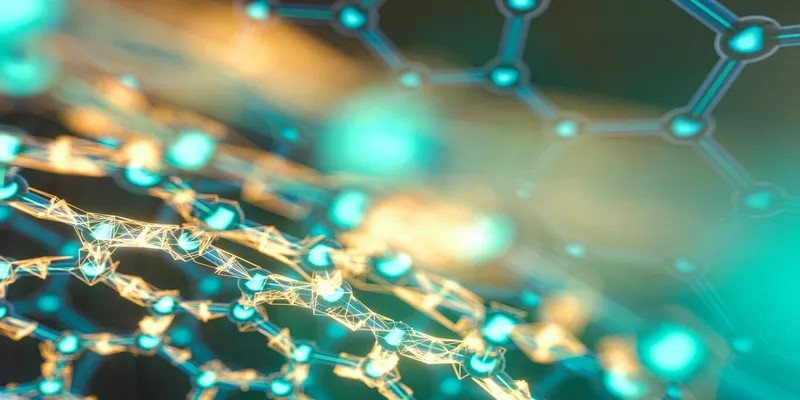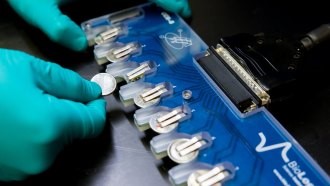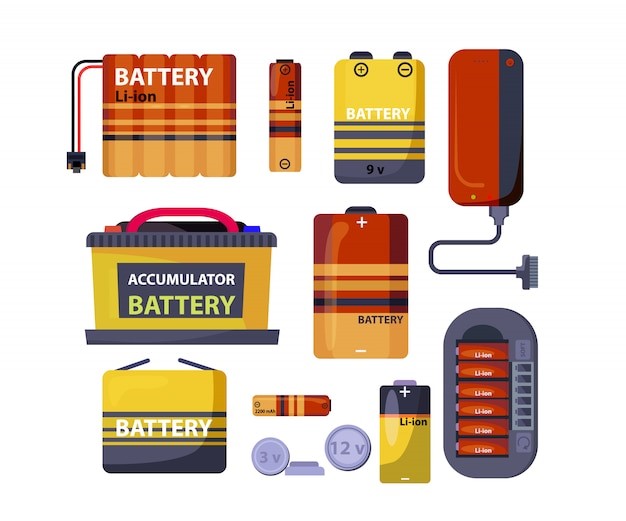Recent Research May Prolong the Lifespan of Essential Carbon-Capture Materials
Scientists at Lawrence Livermore National Laboratory (LLNL), in partnership with the Georgia Institute of Technology, have achieved a major breakthrough in comprehending how carbon dioxide (CO2) affects the stability of amine-functionalized porous solid materials, which are vital for direct air capture (DAC) carbon-capture technologies.
This groundbreaking research, published in the Journal of the American Chemical Society and highlighted on the journal's cover, reveals the intricate interactions between carbon dioxide (CO2) and poly(ethylenimine) sorbents, providing critical insights that could improve the efficiency and lifespan of direct air capture (DAC) systems.

Figure 1. Atomistic Simulations, ML, and Accelerated Tests Uncover CO2's Role in Amine Sorbent Oxidation Kinetics
"Our study emphasizes the need to account for all atmospheric elements when designing DAC processes and materials," said Simon Pang, corresponding author and lead investigator of the project. [1] "These findings will be pivotal in developing next-generation sorbents with greater durability, advancing more efficient and cost-effective carbon-capture technologies." Figure 1. Shows "Atomistic Simulations, ML, and Accelerated Tests Uncover CO2's Role in Amine Sorbent Oxidation Kinetics".
Amine-based sorbents are leading the way in direct air capture (DAC) technology due to their remarkable efficiency in capturing CO2, even at extremely low concentrations. However, their long-term stability remains a major obstacle, largely due to oxidative degradation.
The research team explored the previously unresolved role of CO2 in the oxidative degradation of these sorbents, addressing discrepancies in the existing literature. Their study reveals that CO2 has a non-linear effect on the oxidation kinetics of poly(ethylenimine) sorbents, with its influence varying considerably based on temperature and CO2 concentration.
"Our research uncovers the dual role CO2 plays in the oxidation process," explained Sichi Li, lead author and co-investigator of the project. "CO2 both catalyzes key oxidation reactions and reduces polymer branch mobility, slowing radical propagation. These opposing effects are essential for understanding the complex degradation patterns we observed."
The study's findings not only reconcile conflicting data in the literature but also offer practical insights for improving DAC technology. By identifying polymer side chain mobility and acidic environments as key accelerators of oxidation, the research proposes new strategies to extend sorbent lifespan. [2] Potential approaches include introducing functional groups, additives, or oxide supports with surface chemistries that reduce polymer mobility or neutralize acidic conditions, thereby slowing the rate of oxidative degradation.
References:
- https://www.sciencedirect.com/science/article/pii/S2589234723001690
- https://phys.org/news/2024-09-lifetime-key-carbon-capture-materials.html
Cite this article:
Janani R (2024), Recent Research May Prolong the Lifespan of Essential Carbon-Capture Materials, AnaTechMaz, pp. 67


